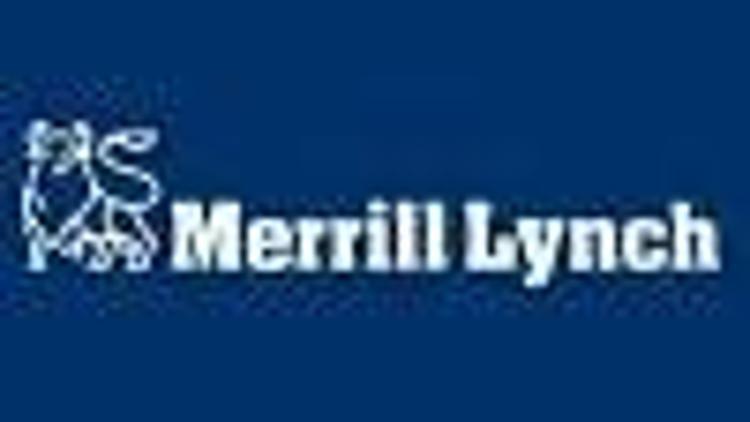Fund manager gloom grows over global economy
Güncelleme Tarihi:

Fund managers became increasing gloomy on the economic outlook and prospects for corporate profits in July, according to Merrill Lynch'S Survey of Fund Managers on Wednesday.
The number of managers stating that they believe the global economy is in recession rose to a net 20 percent, from a net 16 percent in June, the survey of 191 fund managers running $610 billion in assets showed.
At the same time, a net 65 percent of managers expect the global real economy to weaken over the next twelve months, up from a net 61 percent taking this view a month ago.
The outlook for corporate profits is similarly gloomy, the survey showed. A net 65percent of managers believe that corporate profits will deteriorate over the next year, up from 59 percent holding this view in June.
Fears over the economic outlook coupled with disillusionment with emerging markets (EM) have catapulted investors into healthcare stocks – a traditional safe harbour from wider economic trends, Merril Lynch said. One third of investors in Europe have a net overweight position in healthcare and pharmaceuticals, compared with zero in June, it added.
“What investors are looking for right now is immunity from the ills of the market place and the healthcare sector provides that,” said Karen Olney, Chief European Equities Strategist at Merrill Lynch. “Healthcare companies might have their own industry risks, but they do offer immunity from the three horrors that are bugging investors: a rising oil price, the slowing economic cycle and the credit crisis.”
Risk appetite is also close to record lows last seen in March, according to the statement. However, despite the sell off in equities, only a net 16 percent of respondents find equities cheap. Furthermore, the survey demonstrates that investors have an increasingly sceptical view of earnings forecasts. A net 83 percent of managers polled believe consensus corporate earnings are "too high". Of that figure, a net 29 percent believe they are "far too high".
STAGFLATION IN EMERGING MARKETS
According to the July’s survey emerging market equities also reveal more negative view.
Although a net 31 percent of fund managers overweight emerging markets in May, this ratio fell and only a net 4 percent had a positive stance towards the asset class.
Investors increasingly concerned that rising inflation in emerging markets makes them more vulnerable to monetary tightening and slowing domestic demand, the statement said.
“The best combination for emerging market equities is rising commodity prices and falling EM interest rates; the worst is falling commodity prices and rising EM interest rates. Weaker global growth and higher inflation in emerging markets is raising the risk of the latter, which is why asset allocators have become much more cautious on emerging markets,” Michael Hartnett, Chief Global Emerging Markets Equity Strategist at Merrill Lynch said.

